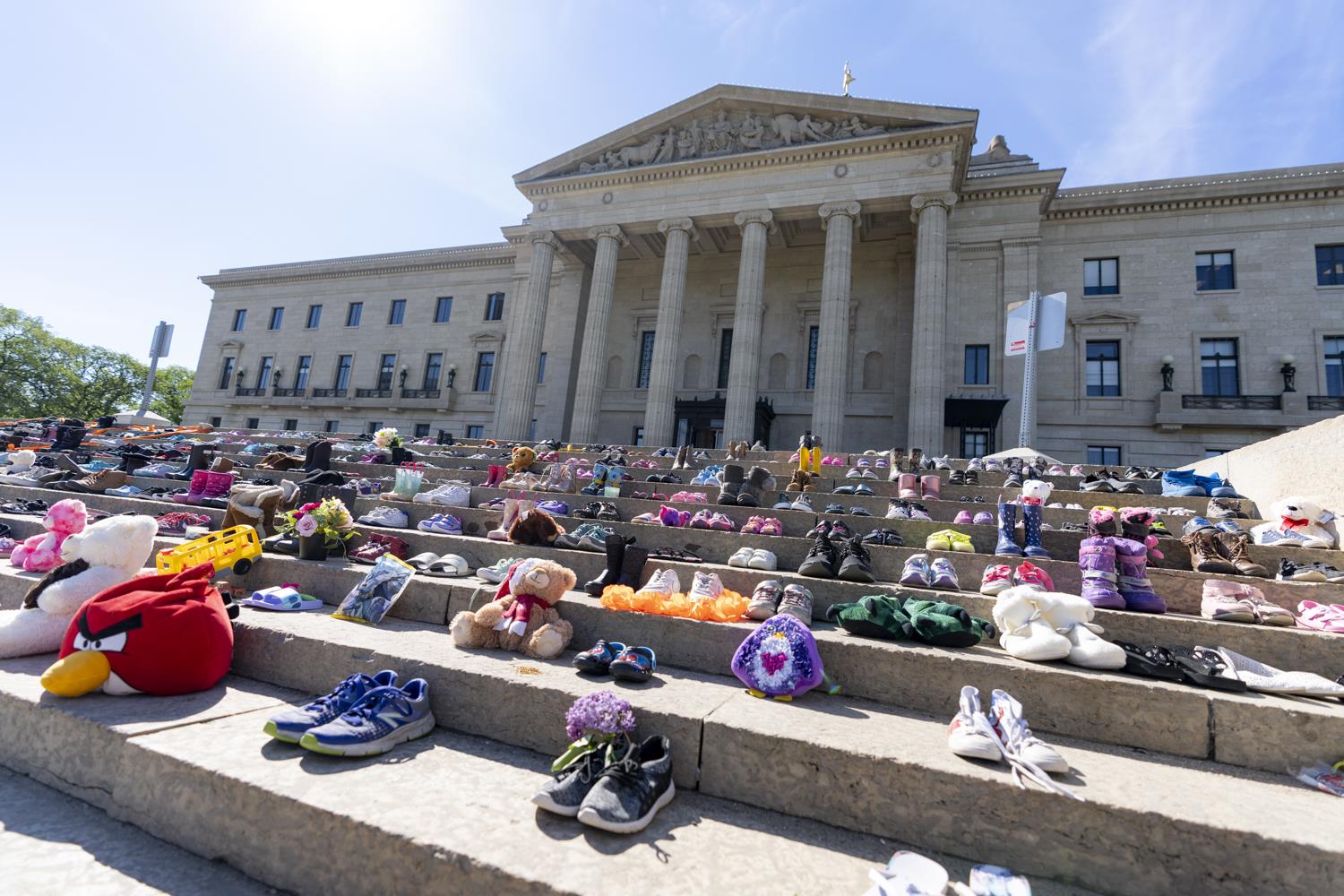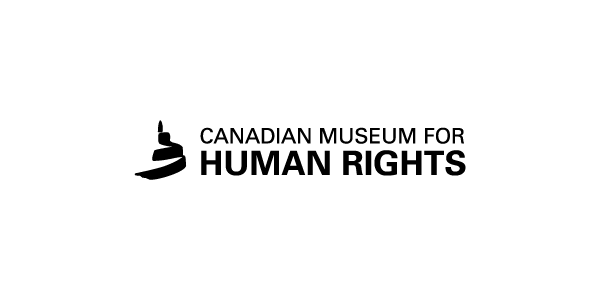 | Honoring the 215 Children
| |
Residential schools were designed to strip culture and identity from young children taken from their homes and communities. It denied them their language. It denied them love and affection. It denied them food. It denied them safety. It denied their humanity and their rights even in death. It even denied their families the rites and ceremonies of mourning their loss. Many deaths at the schools went undocumented and unacknowledged. Their bodies were often not returned home. Children were taken away and simply never came back. So many survivors testified about deaths and disappearances that the Truth and Reconciliation Commission (TRC) created a registry of deaths and produced a 270-page report called “Missing Children and Unmarked Burials.” TRC commissioner Chief Wilton Littlechild recalls they always reserved an empty chair at TRC hearings in recognition of the children who went missing. Six of the 94 TRC Calls to Action relate to better documenting and commemorating the thousands of children who died at residential schools. The discovery of these graves attests to the ongoing legacy of loss and dehumanization inflicted by the residential school system. Robert Greene, Elder-in-residence at the Museum, says that in the face of this evidence of atrocity and injustice, “We all have a choice: to ignore this and do nothing. Or take action.” Sharing the number for the National Indian Residential School Crisis Line: 1-866-925-4419. We are sharing some resources and things you can do below.
Human rights resources for teachers Our education team puts together thoughtful online resource guides to help young people learn about human rights. Explore videos, stories, discussion guides and interactive activities on topics like Indian residential schools, Indigenous rights and human rights in times of conflict. With resources from the Museum and other trusted sources, there’s something for every age! Explore teacher resources: humanrights.ca/education-resources/ |

